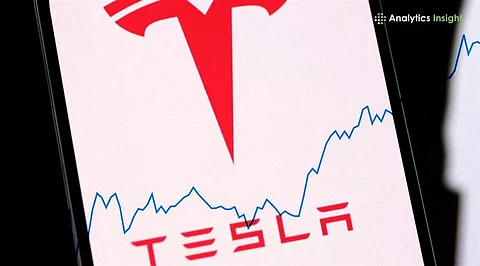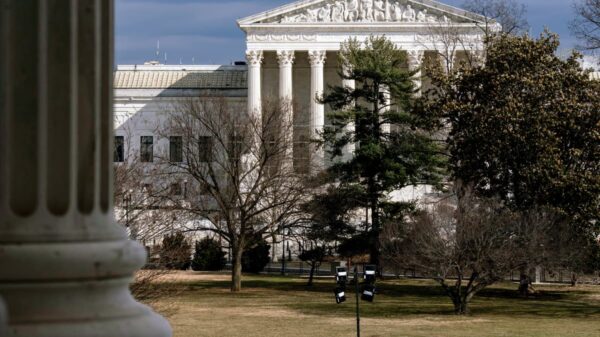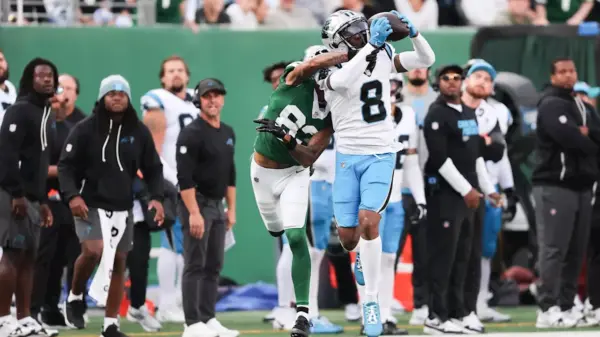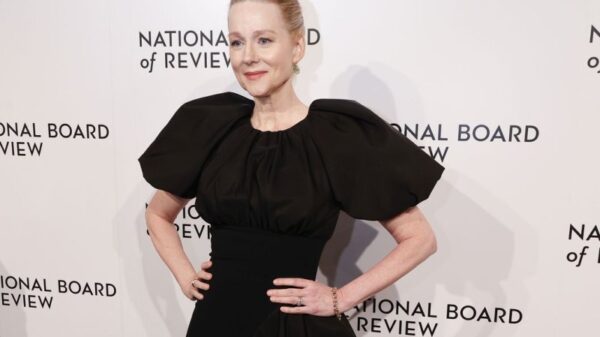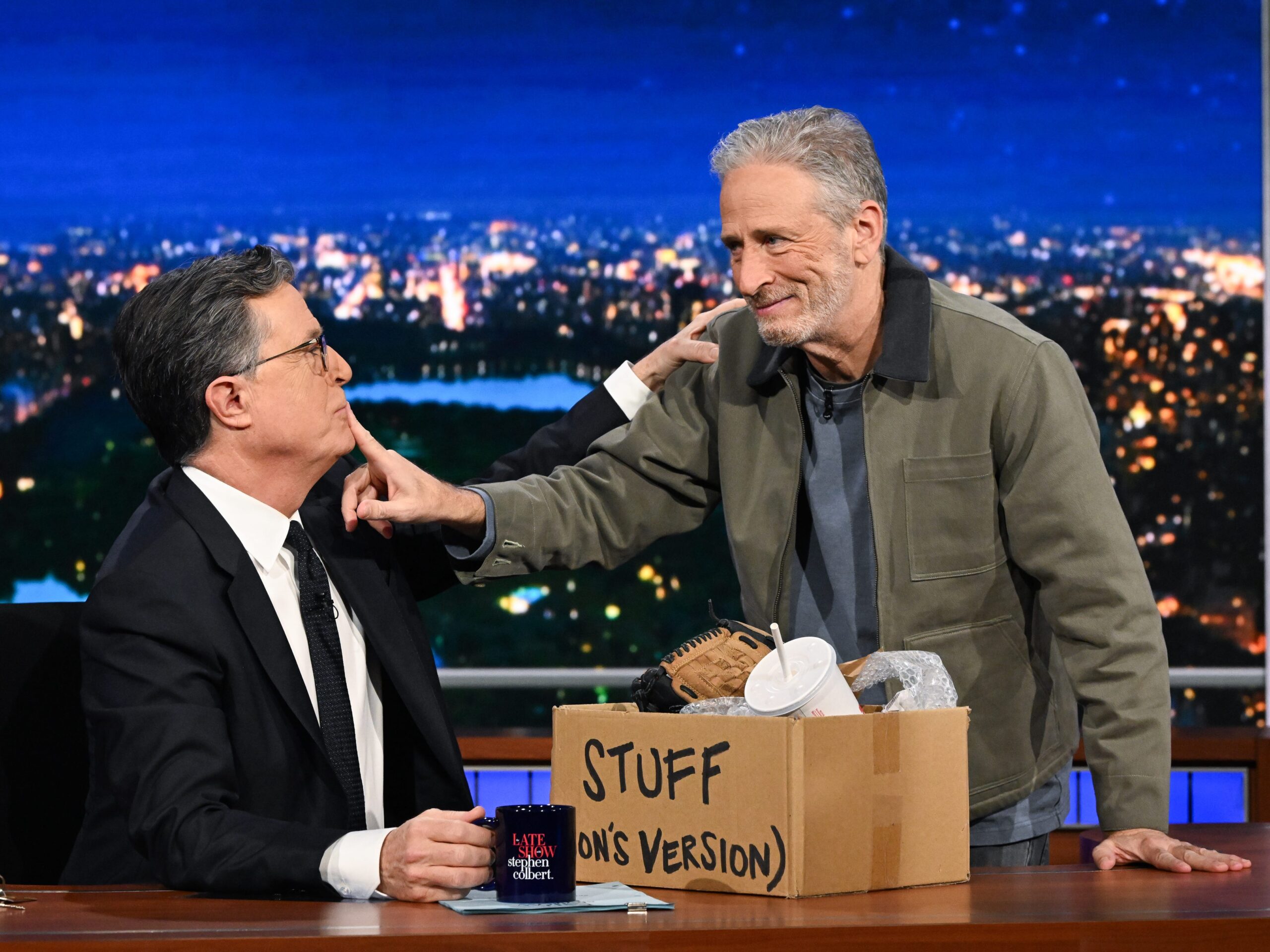UPDATE: Jon Stewart delivered a blistering defense of his friend Stephen Colbert during an explosive monologue on The Daily Show, condemning CBS’s recent decision to cancel Colbert’s talk show. The cancellation, announced on July 18, 2025, is said to be a “purely financial decision,” but Stewart argues it reflects a troubling capitulation to the Trump administration.
In a fiery segment that aired Monday night, Stewart suggested that CBS is not merely responding to financial pressures but is instead trying to align itself with President Donald Trump. He highlighted that the move comes amid CBS’s proposed merger with Skydance Media, a situation fraught with political implications.
Stewart stated, “When your industry is faced with changes, you don’t just call it a day,” emphasizing that the cancellation raises questions about corporate integrity and the pressures of political influence. He criticized CBS for prioritizing corporate interests over creative expression, saying, “I believe CBS lost the benefit of the doubt two weeks prior when they sold out their flagship news program to pay an extortion fee to said president,” referring to the network’s recent $16 million settlement with Trump over a lawsuit regarding “deceptive editing.”
Asserting that Colbert’s show was not financially failing, Stewart pointed out that it was the only late-night program to gain viewers this year, despite suffering losses of over $40 million annually. He urged the network to reconsider its path, stating, “The shows that you seek to cancel, censor, and control contributed significantly to your value.”
The cancellation has sparked outrage among fans and industry insiders alike, with Stewart’s monologue resonating as a rallying cry against corporate fear and compliance. He implored corporations and advertisers to “sack up,” urging them to stand firm against political pressures.
CBS has maintained that the decision to cancel Colbert’s show was purely a financial one, stating, “The decision was not related in any way to the show’s performance, content, or other matters happening at Paramount.” However, the backlash suggests a growing concern among viewers and critics about the influence of politics on entertainment.
With late-night advertising revenue plummeting from $439 million in 2018 to $220 million in 2024, according to reports from The New York Times, the future of late-night television hangs in the balance.
As the industry grapples with these changes, Stewart’s passionate defense of Colbert highlights the ongoing struggle between creative expression and corporate interests. The situation is developing, and all eyes are on CBS and Paramount as they navigate these turbulent waters.
Fans and colleagues are expected to rally around Colbert in the coming days, and updates will follow as this story unfolds. Stay tuned for more reactions and potential developments regarding the future of late-night television.



















